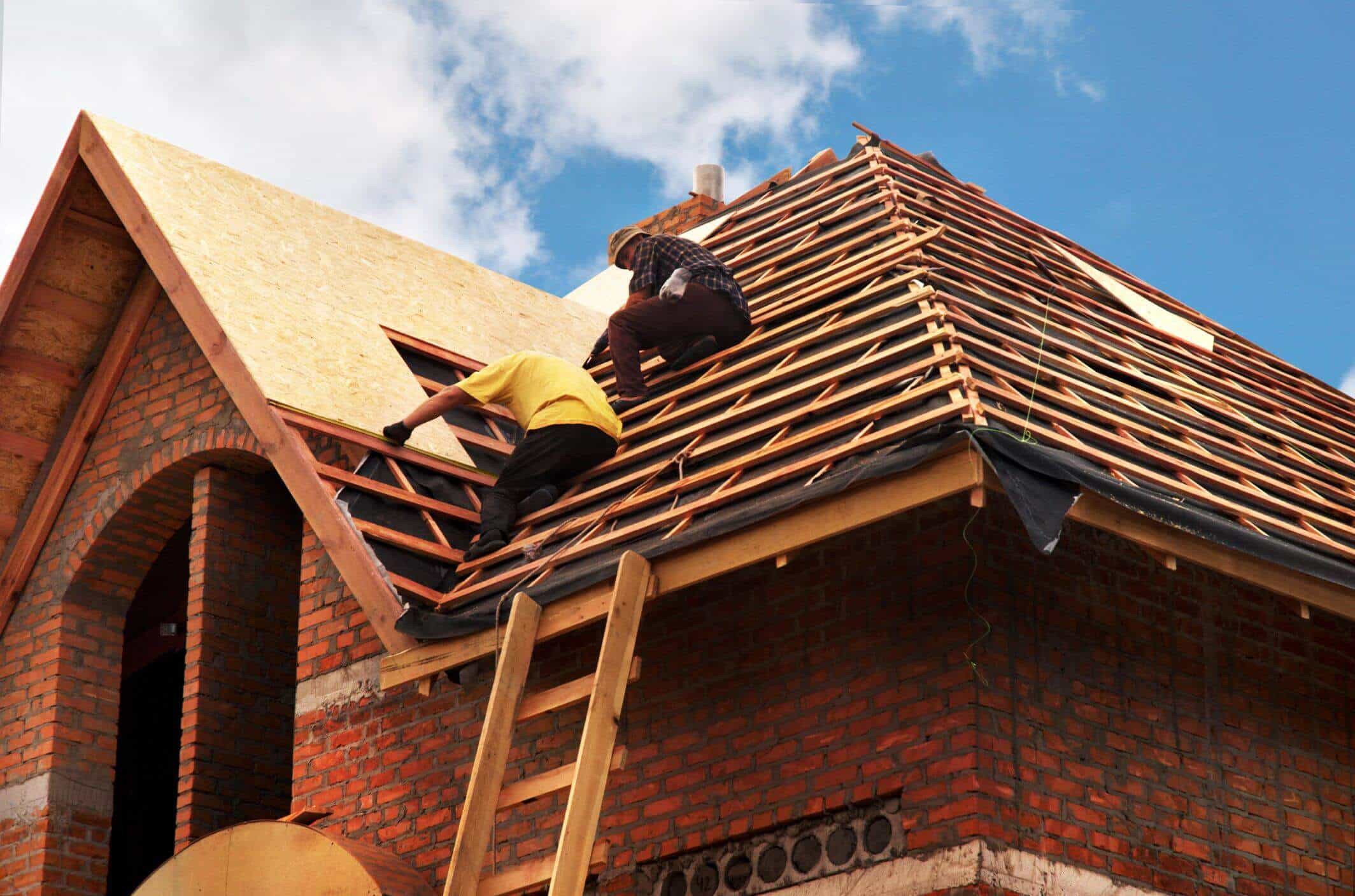A roof inspection is an intensive examination of a building's roof to assess its situation, identify any potential issues or injury, and decide whether or not maintenance, repairs, or replacements are wanted. Roof inspections are sometimes conducted by owners, skilled roofing contractors, or inspectors with experience in roofing systems. The primary purpose of a roof inspection is to ensure the roof's integrity and performance, delay its lifespan, and forestall pricey repairs or replacements.
Here are the key aims and components of a roof inspection:
Evaluation of Roofing Materials: The inspector assesses the condition of the roofing materials, such as shingles, tiles, metal panels, or membrane roofing. They search for signs of wear and tear and tear, harm, or deterioration.
Inspection of Flashing and Roof Penetrations: Flashing, which is used round roof penetrations like chimneys, vents, and skylights, is examined for signs of injury or improper installation. Roof penetrations themselves are inspected for leaks or potential issues.
Roofing Grant of Gutters and Downspouts: The inspector checks the condition of gutters and downspouts to ensure they're clear of particles and in good working order. Clogged or broken gutters can lead to water injury and roof issues.
Examination of Ventilation: Proper roof air flow is crucial for regulating temperature and moisture levels in the attic or crawl space. The inspector checks for sufficient air flow and indicators of moisture-related points.
Detection of Leaks and Water Damage: The inside of the constructing, significantly the attic or ceiling, is examined for signs of leaks, water stains, or mold growth. These might indicate roof problems that need attention.
Structural Assessment: In some instances, the roof's structural elements, similar to rafters or trusses, could also be inspected for signs of damage or stress.
Documentation: The inspector usually offers a written report detailing their findings, together with photographs and recommendations for any needed repairs or maintenance.
Roof inspections can be scheduled periodically, similar to annually, or as needed, especially after severe climate occasions like storms or hail. Regular inspections assist catch issues early and extend the life of the roof. If points are identified in the course of the inspection, prompt repairs or upkeep can stop further harm and costly roof replacements.

It's necessary to note that for safety reasons, roof inspections must be carried out by individuals who're experienced and educated about roofing methods. When unsure, it's advisable to rent knowledgeable roofing contractor or inspector to carry out a comprehensive roof inspection..
